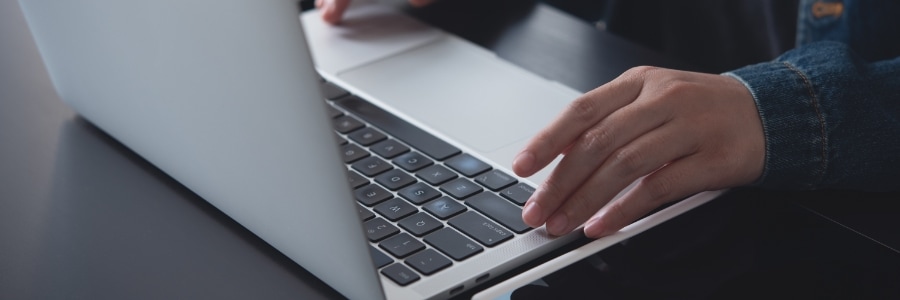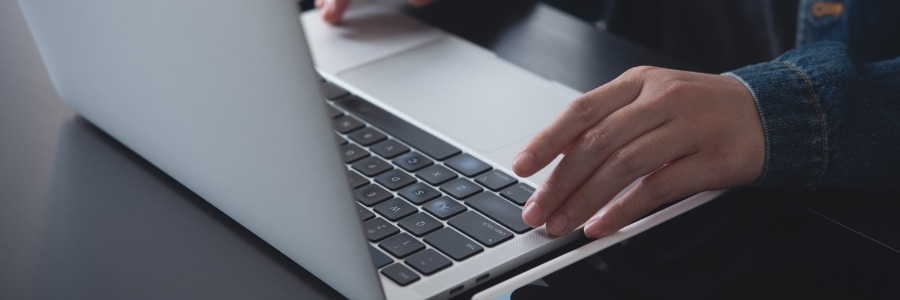10 Common Windows mistakes and how to fix them for good
Author: Tech Advisory


Using Windows might feel intuitive and routine, but over time, many users unknowingly develop bad habits that can negatively impact their experience. From skipping updates to ignoring backups, we’ll show you the top 10 things to stop doing and the smarter habits to adopt instead.
1. Putting off Windows updates
Installing updates might seem like a nuisance, but skipping them leaves your system exposed. Instead, set automatic updates to install at times you’re not using your computer (e.g., overnight) so you stay protected without disruption.
2. Using an admin account for everyday tasks
While it’s convenient to use an account with full control over your system, it’s risky. A safer approach is to operate from a standard account and only log in as an administrator when you need to make system changes or install new software. This reduces the risk of accidental changes, unauthorized access, or malware exploiting your system’s vulnerabilities.
3. Ignoring the backup reminder
Hardware failure or accidental data deletion can happen at any time. It’s therefore vital to regularly back up your data — whether to the cloud or an external drive — so you’re not left scrambling when disaster strikes.
4. Not restarting often enough
A proper restart clears out temporary files and finishes installing updates. Try to restart at least once a week to keep things running smoothly.
5. Leaving too many startup apps running
The more programs set to launch when Windows starts, the longer your boot time and the slower your system feels. Check your startup settings and disable anything that doesn’t need to run right away.
6. Clicking “Remind Me Later” on security alerts
When Windows notifies you about outdated software or potential risks, you must act right away. The longer you delay, the more outdated your software remains and the more vulnerable you become, which is why you should take instantly and resolve issues when they appear.
7. Forgetting to use antivirus tools
Microsoft Defender is built into Windows and does a good job for most people, but it only works if it’s turned on and up to date. Periodically check that it’s active, or install an additional antivirus solution if you need more advanced threat detection features.
8. Failing to clean up your hard drive
Over time, unused files, downloads, and temporary data pile up. Using the built-in Disk Cleanup tool every month can free up space and boost performance.
9. Not locking your PC when you step away
Leaving your computer open while you’re away — even for a minute — invites trouble. Use the Windows + L shortcut to lock your screen instantly. It’s quick, easy, and it adds an extra layer of security.
10. Using outdated software
Outdated software can be a magnet for hackers. Update your programs — especially browsers, PDF readers, and office tools — to ensure they include the latest patches and security fixes.
Need help updating your Windows system? Simply reach out to our team. We’ll be happy to assist you in updating and configuring your software properly.
Subscribing to our
monthly newsletter
is your gateway to staying well-informed and up-to-date on the latest developments in the world of information technology and our upcoming events.
Browse Our Archives
BY YEAR:
BY TOPIC:
